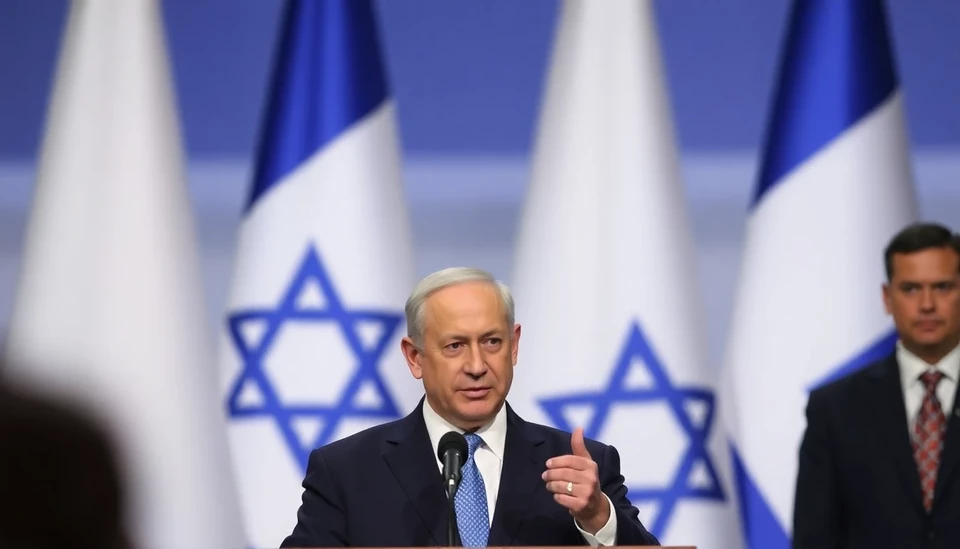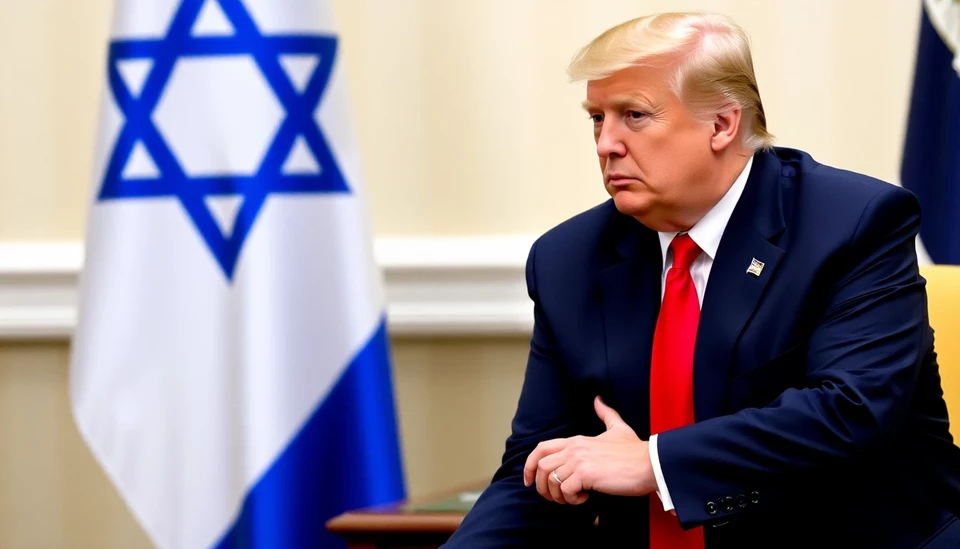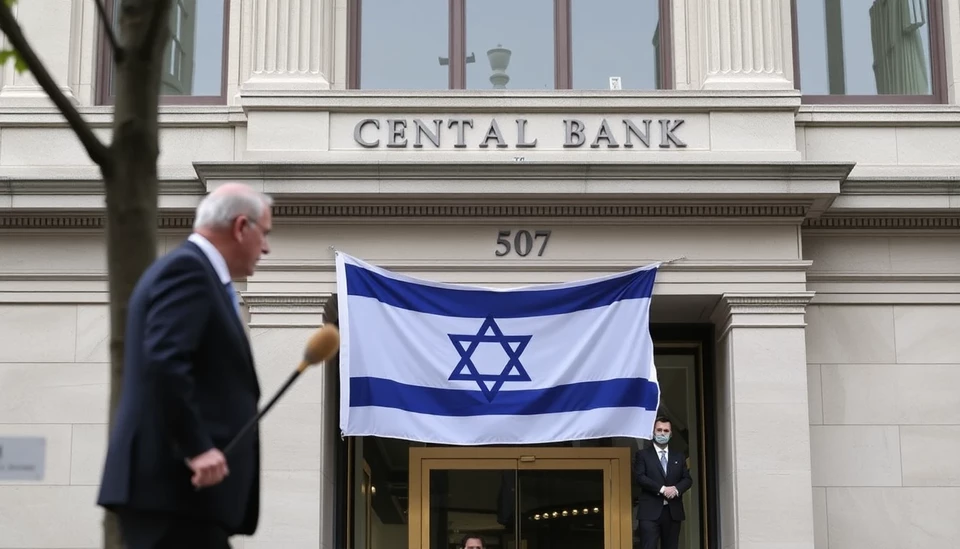
In a surprising turn of events, Israel has set its sights on expanding its arms export market in the wake of international scrutiny sparked by its military operations in Gaza. The move comes as the country aims to lift an export embargo imposed on certain military equipment following allegations of human rights violations during the recent conflict.
Israeli officials have expressed their determination to re-establish their position as a leading global arms supplier. This initiative aligns with the nation’s strategy of leveraging its technological advancements in defense systems, which have garnered attention amid ongoing geopolitical tensions. Israel has historically been one of the world's top arms exporters, but the recent conflict has raised significant concerns that the continued export of military hardware could exacerbate humanitarian crises in conflict zones.
As the Israeli government engages in talks with international allies, it has emphasized the importance of defense cooperation in an increasingly unstable region. Israeli Defense Minister Yoav Gallant stated that the nation’s defense capabilities are vital not only for its own security but also for maintaining stability within its alliances. "We believe that with our advanced technology and experience, we can contribute positively to our partners' security needs," Gallant remarked, signaling a proactive approach to rejuvenate Israel's defense sector.
However, the prospect of resuming arms exports has sparked intense debate within international circles. Critics argue that this could lead to further escalation in conflict areas, particularly in the Palestinian territories where civilian casualties during military operations have drawn widespread condemnation. Human rights organizations remain vigilant, calling for accountability and transparency regarding the usage of weapons supplied to conflict zones.
Despite these challenges, Israel is optimistic about finding new markets beyond its traditional partners. Discussions are underway with several nations in Asia and Africa, which are seeking to modernize their military capabilities. The government is hopeful that its innovative defense technologies will attract interest, enabling partnerships that could counterbalance any negative perceptions stemming from its recent military actions.
Furthermore, leaders in the defense industry have indicated that new contracts could potentially bolster the economy, especially in regions where defense manufacturing jobs have suffered due to the embargo. As the situation evolves, Israeli authorities are keen to navigate the fine line between national security interests and maintaining a positive diplomatic stance on the global stage.
In summary, Israel's attempts to revive its arms export capabilities reflect a complex interplay of defense, diplomacy, and economic strategy. The outcome of these efforts will likely have repercussions not only for the Israeli defense sector but also for global arms trade dynamics in the coming years.
#Israel #ArmsExport #GazaConflict #DefenseIndustry #HumanRights #Geopolitics #MilitarySupply #InternationalRelations
Author: Rachel Greene




